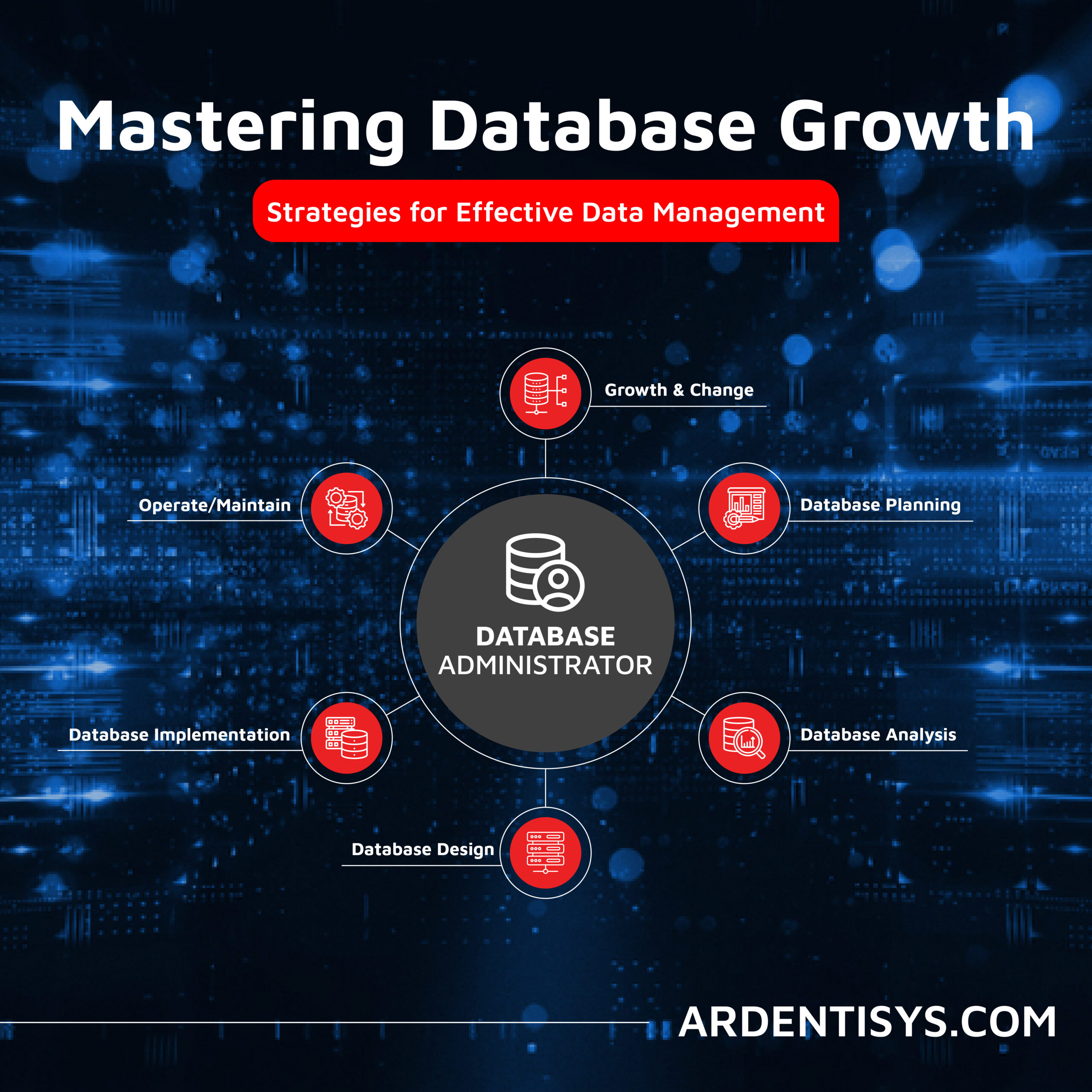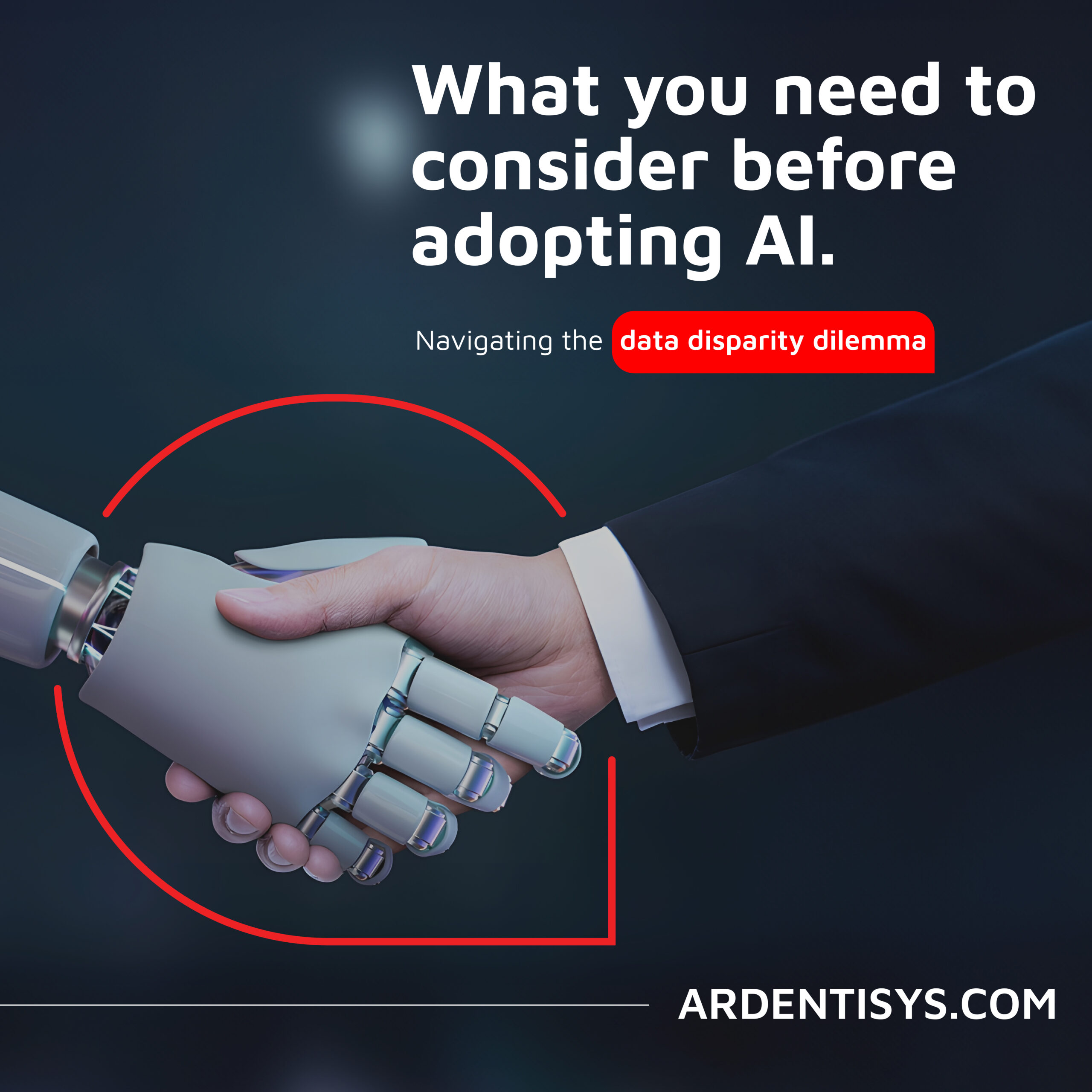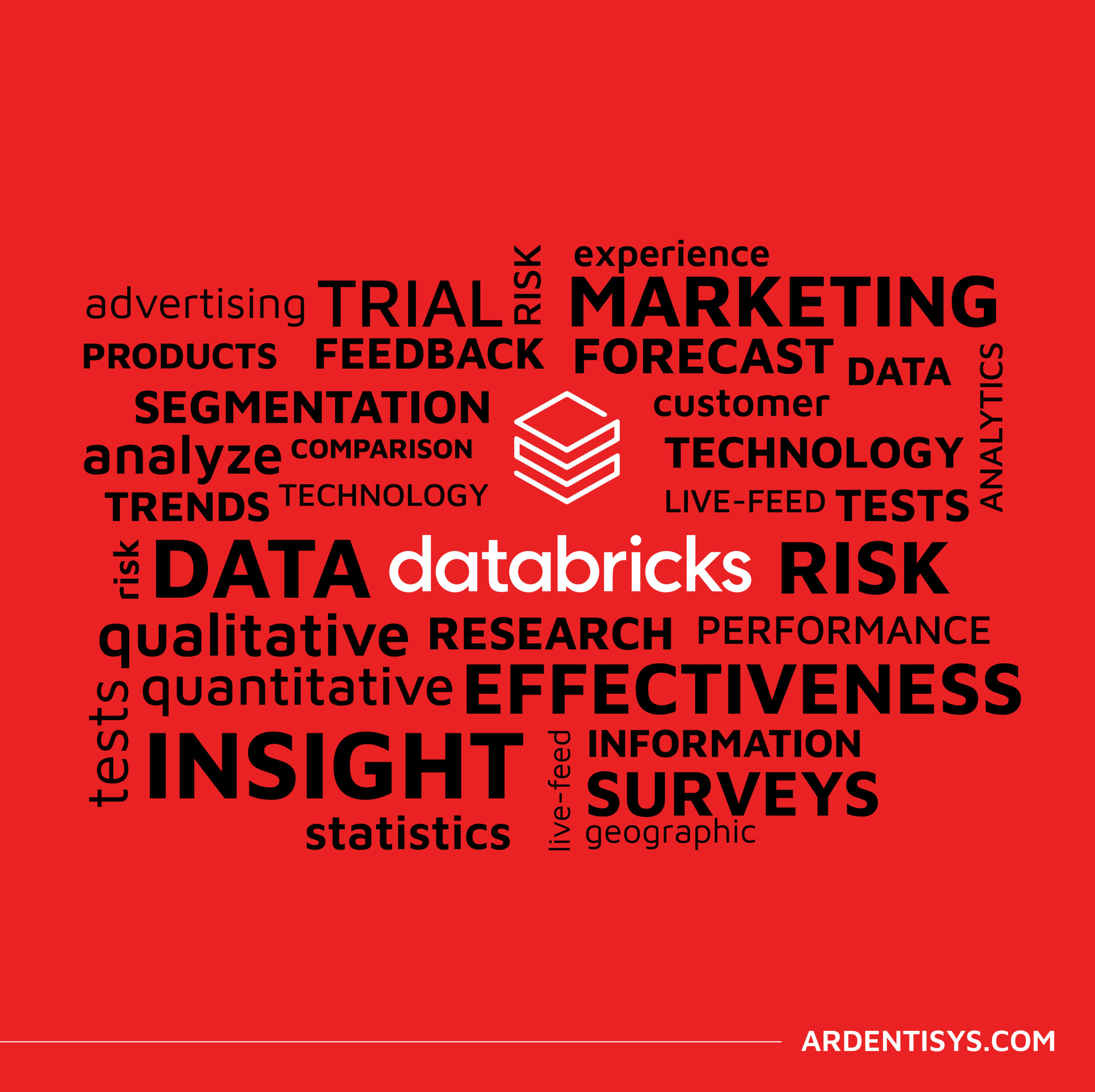PagerDuty – A go-to DevOps technology
1 March 2023 | Noor Khan

In order for teams to successfully integrate DevOps into their working practices, the right tools for the tasks need to be sourced and set-up, one such tool is PagerDuty – an incident reporting platform that operates as a cloud-based SaaS (Software as a Service).
The software is a leading digital operations platform, which is described as a best practice for enforcing “accountability and quality” as organisations onboard and scale new services.
Within the structure of DevOps practices, PagerDuty is used to:
- Leverage machine learning to filter out noise
- Direct attention to high priority matters
- Simplify and automate the incident response process
- Group data from alerts and incidents, and relevant monitoring
- Assess and resolve with automated remediation sequences
- Compile data into usable analytics for future use
As a piece of DevOps technology, PagerDuty reduces the amount of time spent searching for incidents and gives development teams the ability to direct more time and focus to building and innovating their software, as they are directly led to issues, which allows for greater accountability, collaboration, and increased efficiency.
The tool has a variety of notification options for
- SMS
- Phone
- Push
This allows team members to set up alerts that will reach them in their preferred manner and ensure a wider level of coverage for those who are working on-site, from the office, at home, or as they travel, thereby ensuring that the right team members are notified every time.
The pros of using PagerDuty for DevOps
The functionality of the PagerDuty platform makes the software a recommended DevOps technology, as there is a considerable amount of flexibility in how it is operated.
Key benefits of using PagerDuty include:
- Inbound integrations
This allows the service to be integrated with existing tech stacks, and provide visibility across organisational infrastructure. The platform currently integrates with more than 350 tools and solutions. - Creating rosters and assigning hierarchies.
The option to setup rosters and assign how calls should be escalated or directed, allows teams to determine how contact is dealt with, and ensures the correct team member can be accessed when required. - Usable through a mobile app
Being able to use the program on a mobile device allows for constant monitoring and improved reaction time. - Customisable escalation
Different ‘rules’ can be implemented to customise access, paths of escalation, and to create overrides, which means that if team members are unavailable at certain times or on certain days, the swap in PagerDuty is as simple as switching the set schedule. - Ability to improve configuration
For new users, or those with little technical knowledge, the ability to improve configurations allows for some customisation and makes it easier to understand and run.
The cons of using PagerDuty for DevOps
It is important to consider whether the technology is right for the team, and whether the functionality is appropriate for their tasks.
Some of the cons of using PagerDuty include:
- Limited customisability for some incidents
Because the customisability for the program is limited, there are cases where the user cannot add additional actions, such as root cause analysis or classification of incidents based on the area where the incidents are occurring from. - Not all alerts are coded
This can mean that occasionally the user may receive multiple alerts for the same issue, or false positives. - Lack of noise suppression
Incidents are monitored with each item generating an individual page, which can lead to large incidents generating in excess of 30 pages (depending on how much is being monitored, and how many individual elements are connected).
The lack of pagination or tiers for group correlations can make these reports both alarming and time consuming to work through. - No easy set up feature
Although the program can be configured with improvements, there is no bespoke easy set up feature, which does make integration slightly more complex if the user is unfamiliar with the process.
Alternative technologies to use instead of PagerDuty
Although PagerDuty is a popular choice, it is not the only one. There are other key technologies for operational monitoring and support available, and can be attractive options for teams to use instead of, or with, the software.
Some alternatives to consider include:
- Dynatrace
This platform provides wide hybrid, multi-cloud observability, continuous runtime application security, DEM (Digital Experience Management), and AI operation. When compared with PagerDuty, some users have preferred the ease of set up offered by Dynatrace. - Freshservice
A cloud-based IT help desk and management solution, offering a ticketing system, self-service portal, and knowledge base, this software is considered to be easy-to-use, and simple to configure. It also can be integrated with PagerDuty. - Datadog
Described as an ‘observability service’ this software provides monitoring of servers, databases, tools, and services through their SaaS-based data analytics platform. DevOps teams can use the service for event monitoring for infrastructure and cloud-services, as well as to determine performance metrics.
Datadog can also be integrated with PagerDuty. - Squadcast
An end-to-end incident response platform, this software adopts SRE best practices in order to provide maximum service reliability, monitor aggregation, track errors and the cost, and provide incident alerts.
The configuration is considered easy to set up, and has features such as a war room, RCA tracking, and will often add features on request. - Opsgenie
A program that connects with the AWS System Manager and other third-party admin tools, it executes actions by using dynamically populated or user-defined parameters. This incident management platform aims to ensure incidents are never missed, and that action is taken in the shortest time, by the correct person.
This software allows for built-in filtering and has been noted to be competitive with pricing when compared to other similar platforms, including PagerDuty.
Ensuring that you are working with the right DevOps technology for the job is vitally important, and if you are uncertain about what software is best for your needs, we recommend seeking advice. Once you have the right tools in place, your automated processes and software development can really benefit from DevOps and the structure it brings to your team.
Ardent operational monitoring and support services
PagerDuty is a core technology adopted by the ardent software and data engineering team to offer clients robust and swift error detection and resolution. PagerDuty is one of the many leading technologies employed in our DevOps services to ensure excellence. Explore PagerDuty use cases:
- Ensuring data availability and consistent with expert operational monitoring and support
- Improving data turnaround by 80% with Databricks for a Fortune 500 company
If you are looking to ensure consistent uptime of your software and enable data availability, get in touch to find out more about our operational monitoring and support services.
Ardent Insights

Overcoming Data Administration Challenges and Strategies for Effective Data Management
Businesses face significant challenges to continuously manage and optimise their databases, extract valuable information from them, and then to share and report the insights gained from ongoing analysis of the data. As data continues to grow exponentially, they must address key issues to unlock the full potential of their data asset across the whole business. [...]

Are you considering AI adoption? We summarise our learnings, do’s and don’ts from our engagements with leading clients.
How Ardent can help you prepare your data for AI success Data is at the core of any business striving to adopt AI. It has become the lifeblood of enterprises, powering insights and innovations that drive better decision making and competitive advantages. As the amount of data generated proliferates across many sectors, the allure of [...]

Why the Market Research sector is taking note of Databricks Data Lakehouse.
Overcoming Market Research Challenges For Market Research agencies, Organisations and Brands exploring insights across markets and customers, the traditional research model of bidding for a blend of large-scale qualitative and quantitative data collection processes is losing appeal to a more value-driven, granular, real-time targeted approach to understanding consumer behaviour, more regular insights engagement and more [...]






